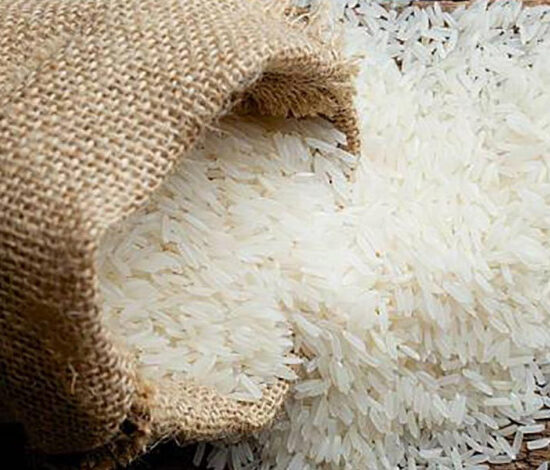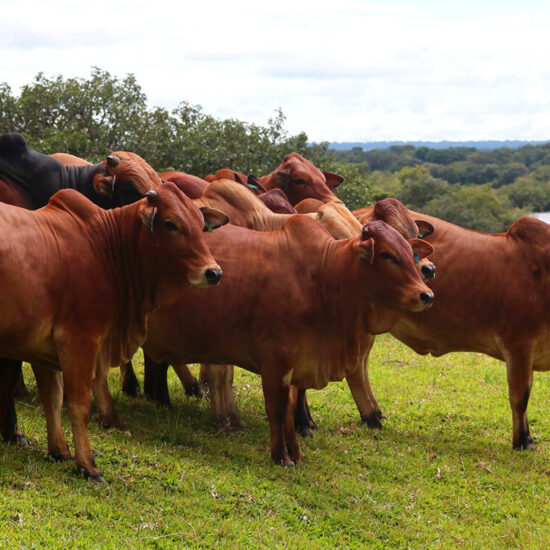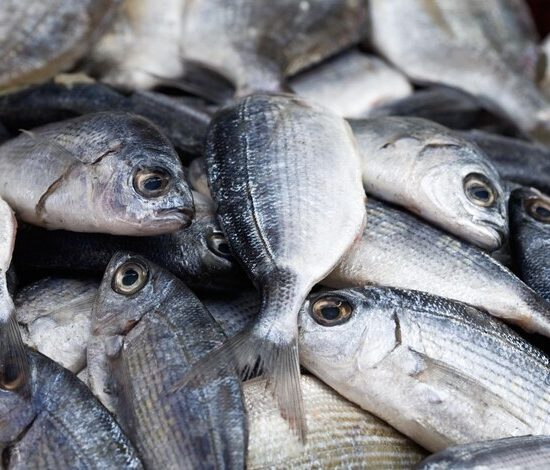
Farmers in various parts of the country have disputed the statement by Zambia National Farmers’ Union-ZNFU that soya beans prices are likely to increase this year compared to last year.
Some farmers in Lundazi District, Eastern Province have noted that soya beans prices have continued to go down as the commodity is currently trading around K8-K8.50 per kg from between K10-K11 per kg around mid-April.
Speaking in an interview with the Zambian Business Times-ZBT, the farmers who asked to remain anonymous claimed that the major offtakers in Lundazi are Zambians of Indian origin, who have decided to buy the commodity at low prices so that they can make more profit from exporting the commodity to India.
According to the farmers, India’s decision to consider cutting an import levy on soybean and sunflower oils in a bid to address the surging local prices of food in that country is the reason the Zambians of Indian origin are buying the commodity at a very low price from local farmers in order to export to India and make huge profits.
They mentioned that demand for the commodity remains very high but most farmers have stacked their soya beans in their houses waiting for prices to go up adding that Mount Meru Petroleum is buying soya beans at K9 per kg and K5.50 per kg for sunflower while Aliboo Trading is buying soya beans at K8.50 per kg and K5.50 per kg for sunflower.
And farmers in Mumbwa District, Central Province who also sought anonymity have expressed concern over the current low prices of soya beans.
The farmers explained that two weeks ago, soya beans was trading at K11.40 per kg but as of this week, the commodity is trading between K9-K9.80 per kg.
“It was expected that because of the high demand, prices would be high but it’s surprising that the prices are low, people are saying there might be a cartel trying to control the price at the expense of the farmers. The fact that demand remains high, farmers are still shelling and it’s not peak period yet, prices should be high unlike what is happening now”, one farmer said.







